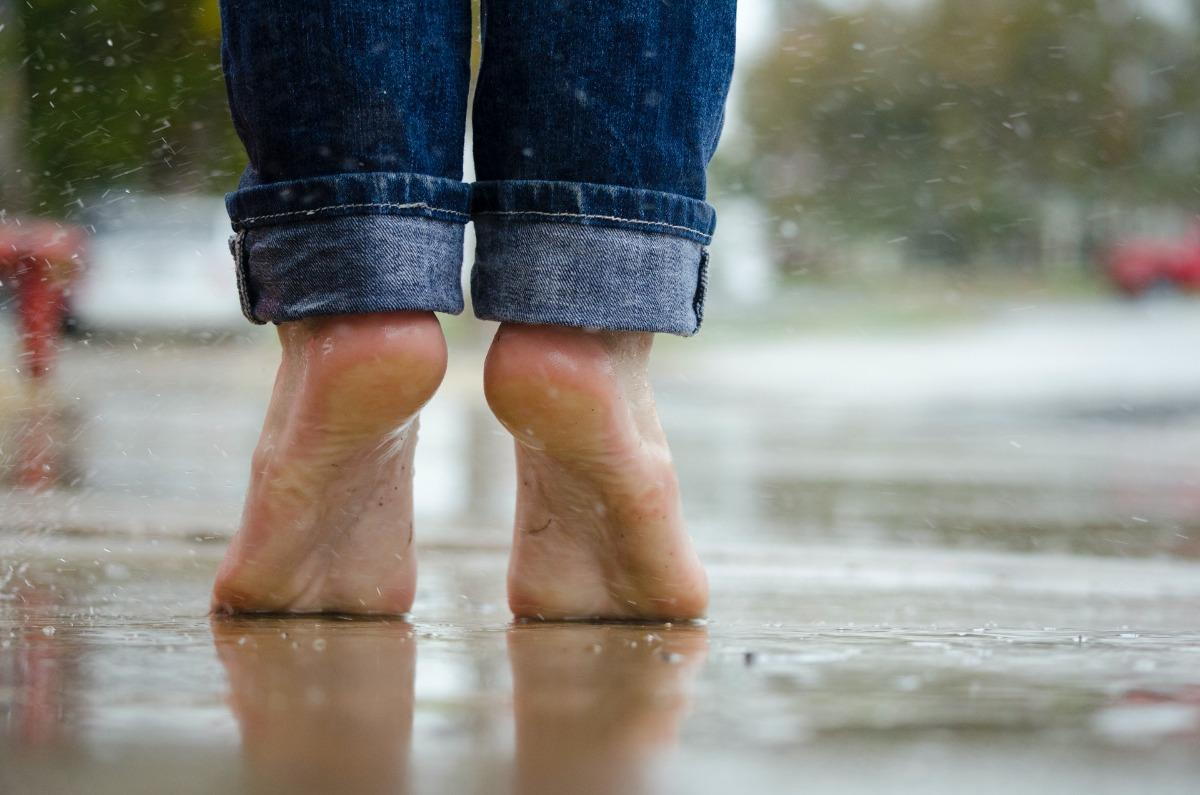When Should You Be Concerned About Heel Pain?
posted: Jun. 23, 2022.

When Should You Be Concerned About Heel Pain?
Heel pain affects the underside or back of your heel and can range from mild to piercing excruciating pain.
Most people who experience heel pain do not have much to worry about because heel pain is rarely associated with any life-threatening condition.
However, in some cases, heel pain can point to an injury or another issue that should be addressed before it escalates and becomes more serious.
If you have heel pain, you might be wondering whether it is something to be concerned about or even whether to see a podiatrist.
This article briefly highlights the causes of heel pain and explains when and why you should be concerned about it.
What causes heel pain?
Various factors can cause heel pain, from standing or walking for too long to injuries and mechanical inflammation.
Here is a complete list of the causes of heel pain:
- Achilles tendon injury
- Bone tumor
- Bursitis (joint inflammation)
- Haglund’s deformity
- Heel spur
- Osteomyelitis (a bone infection)
- Paget’s disease of bone
- Peripheral neuropathy
- Plantar Fasciitis
- Reactive arthritis
- Retrocalcaneal bursitis
- Rheumatoid arthritis (inflammatory joint disease)
- Sarcoidosis (collections of inflammatory cells in the body)
- Stress fractures
- Tarsal tunnel syndrome
Although all these could be probable causes, most cases are caused by plantar fasciitis (affecting the bottom of the heel) or Achilles tendinitis (affecting the back of the heel).
In both cases, it is an inflammation of the tissues in the foot that causes the pain. But what causes these tissues to become inflamed? The simple answer is overuse. When the foot structures are over-exerted, the tissues undergo a type of wear and tear and can become inflamed, leading to heel pain.
Should You Ignore Heel Pain?
If wear and tear or overuse causes heel pain, you must take steps to rest to restore your foot structures and eradicate the pain. Ignoring the pain will only make things worse.
Even though you may wish to remain on your feet, push through the pain, and keep moving, heel pain does not just go away like a sore muscle. Once the tissues in the foot become inflamed or over-stretched, pushing on can cause injuries like torn plantar fascia or an Achilles tendon rupture.
Podiatrists recommend the RICE protocol (Rest, Ice, Compress, Elevate) as the first line of treatment for heel pain. RICE combined with heel exercises and stretches can help reduce or eliminate the pain for most people.
When is heel pain an emergency?
Heel pain by itself is rarely an emergency. However, when accompanied by other symptoms, it might point to something more serious.
Here are signs that indicate your heel pain is an emergency:
Severe swelling and pain near your heel
Inability to rise on your toes, bend your foot downward, or walk normally
Heel pain with tingling, numbness, and fever
Acute heel pain right after an injury
Heel pain can also be a concern if the pain continues when you are not standing or walking, lasts for more than a few weeks, or home remedies have failed to bring relief.
Last Words
Heel pain, though common, should not be approached casually. If you spend a lot of time on your feet, ignoring heel pain could lead to something worse that puts you off your feet for weeks or even months.
If you experience heel pain, apply home remedies and take time off to rest. If pain persists or you have any symptoms described above, see a podiatrist immediately.